The CRYPTOFARM project: a vision of interdependence // What I've learned in the first year
The funny thing when you move from the city to the countryside is that there are no schools to learn what everybody else seems to know by default. In fact, most of the people I live with in this little village (we are 700 inhabitants) seem to consider obvious what it took me a year to learn. At the beginning this gave me a strange feeling as many of my neighbours used to approach me with a composed reverence: I was considered the one who grew up in the city, the one who studied, the one who had traveled several countries. Those reached by the rumours – and this means pretty much everybody - that I served as economic researcher for a former deputy in the Italian Government already dubbed me “the Minister’s assistant”. It’s funny that their admiration was the last thing I was looking for, I just wanted to learn from them how where they able to chop more than a single piece of wood in the course of an afternoon.
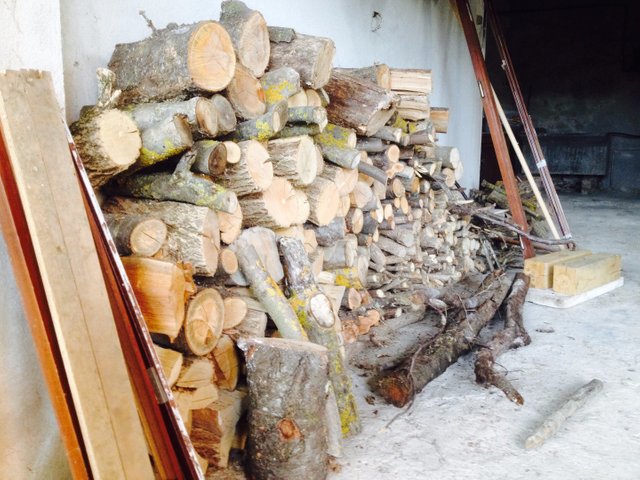
(how our woodshed looks like today)
Those times have gone, one year has passed since I moved in the house that my grandmother left me and I have learned many things. These are some of the most important – if you are considering a similar move they may be helpful to you too.
Recover (smart) the boundaries of your land
If you have inherited some land too, you’ll need to identify the boundaries. A couple of generations ago, there were very old-fashioned technologies for that purpose. Here in Italy they used what they call teste (witnesses): two or more stones hammered in the ground. After 50 years it was difficult for me to find those rocks buried behind layers of time. I was happy to discover how the smartphone could help. There is a service called CataMaps that uploads cadastral maps on Google Earth. This allowed me to find the boundaries of my garden together with two portions of wood on the other side of the hill where the house is.
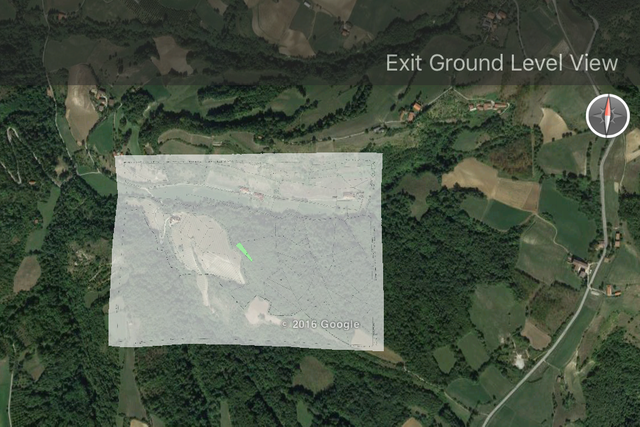
Grow your own veggies
When I arrived I didn’t know almost anything about gardening. Luckily my parents both love to grow vegetables and could provide helpful suggestions. Another source of information was my neighbor Ezio, 77 years old (have you heard about aging population in Europe? Well, in small country villages this phenomenon appears undeniable).
The one that just passed was my second summer as farmer: I harvested 15 kg of potatoes, countless salad and tomatos, zucchini, wallnuts, apples, onions, green beans, beans, chestnuts – and more. Today my food garden looks like this – there are cabbages, salad, pumpkins – and more.
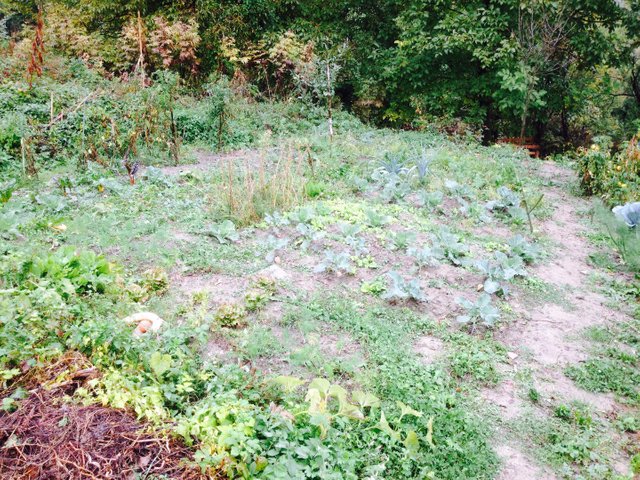
Design your spaces
As I wrote in one my very first posts I sowed an heart of lettuce in the middle of my food garden. I’m so proud of the plants that bolted and produced new seeds: currently my cabbages are surrounded by new plants that *sowed themselves*.
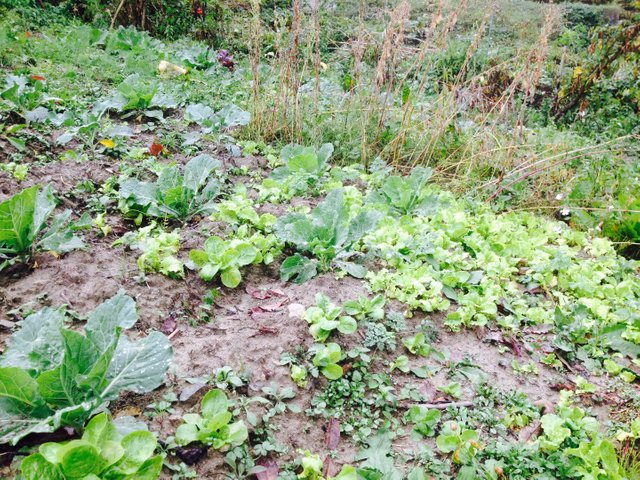
Chop the wood
It took me a while, but currently I feel that I can chop the wood ok. Anybody needs a tutorial?
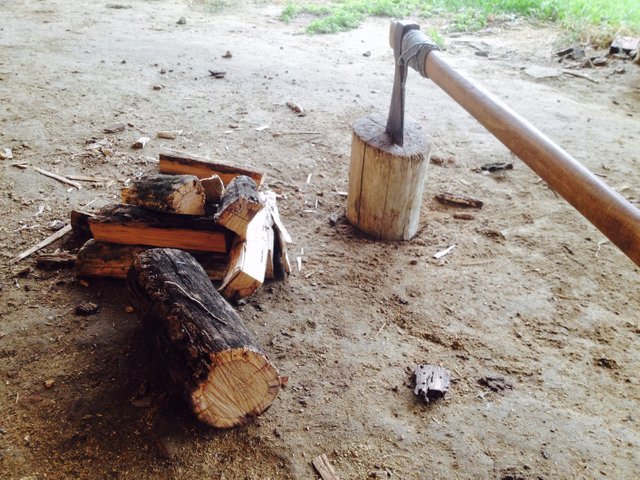
Store your food for the winter
We picked up so many apples this year from a nearby tree. They look (and smell) great in the garage.
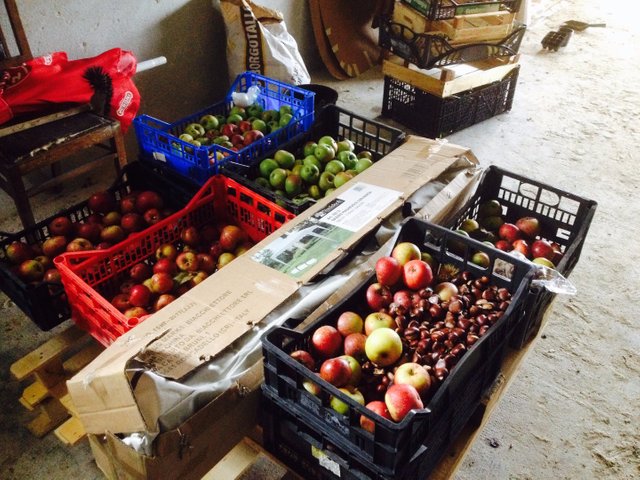
Trust the abundance of nature
There’s much more abundance in the nature that I used to think. Fields have many Edible Outdoors as described by the great @papa-pepper. As he writes, stinging nettles are an example and one of my favourite weed too. I previously described how to wash your dry hair with it and to prepare a delicious risotto.
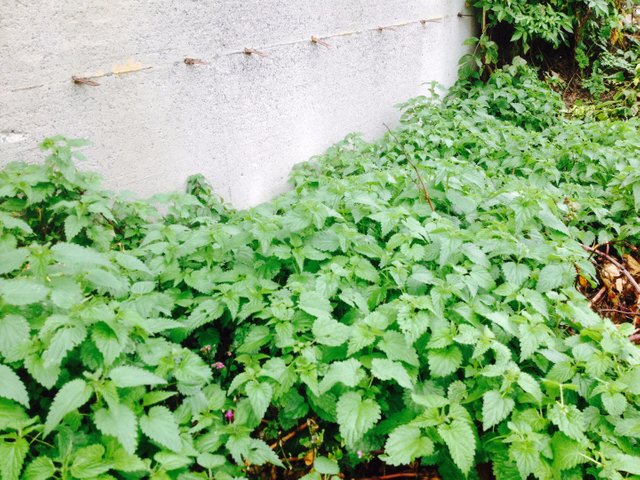
Unleash the chemist of yourself
You can use nettles to produce a fertilizer too. Just fill a bucket with nettles leaves, cover with water and let them macerate for three weeks in a dark place. This can be used as fertilizer and repellent for insects on the plants. I think that is good as fertilizer while I had better results in repelling insects with tobacco macerated into water. The receipt is the following: macerate the equivalent of two cigarettes in a liter of water and spray it on the plant leaves.
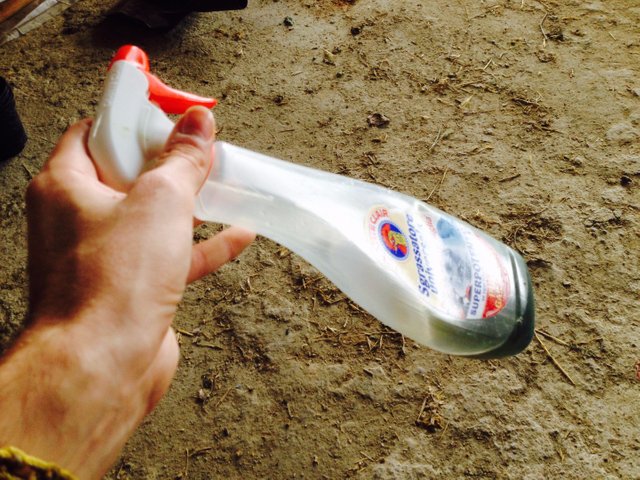
Learn the cycles of nature
I love to alternate the super-rapid change we are living in business and technology with the smoother interchange of seasons. In our food garden there is a place where everything ends and where everything begins: the composter.
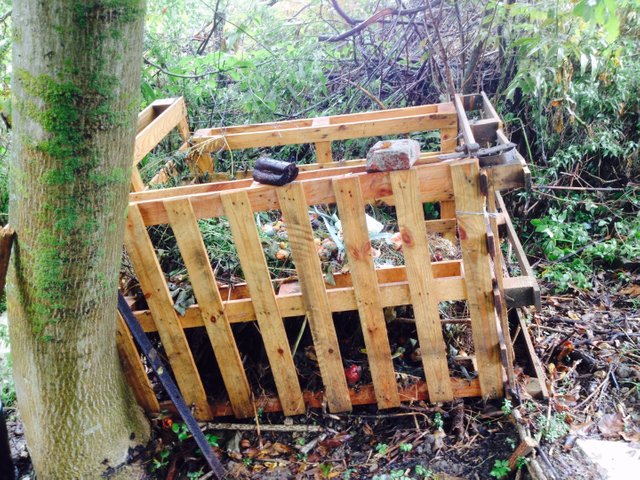
This is what I've learned since I moved last year in the CRYPTOFARM and *this* is what me and my wife are going to do. Follow me @cryptofarmer to get updates from our journey.
(All pictures taken by myself today)
Good post cryptofarmer! I really like the nettle fertilizer. Careful using tobacco as pesticide, though. I understand this could spread the tobacco mosaic virus to your tomato and pepper plants.
Thank you for appreciation and most of all for what you shared: I didn't know about that virus - I'll be careful.
@cryptofarmer Your farm is my dream. I'm totally living vicariously through your posts. :)
I'm glad you like it :) little by little dreams come true...
@cryptofarmer I wish you all the luck you'll need to achieve a great harvest from next year.
The apples look great congrats!
We also collected some from a tree nearby, we didn't get much because we thought they were not that sweet since they're too tiny but they actually are!
Thank you! When we harvest apples we collect every single one: the ones that don't look good are used for juice, or - in the worst case - thrown in the composter!